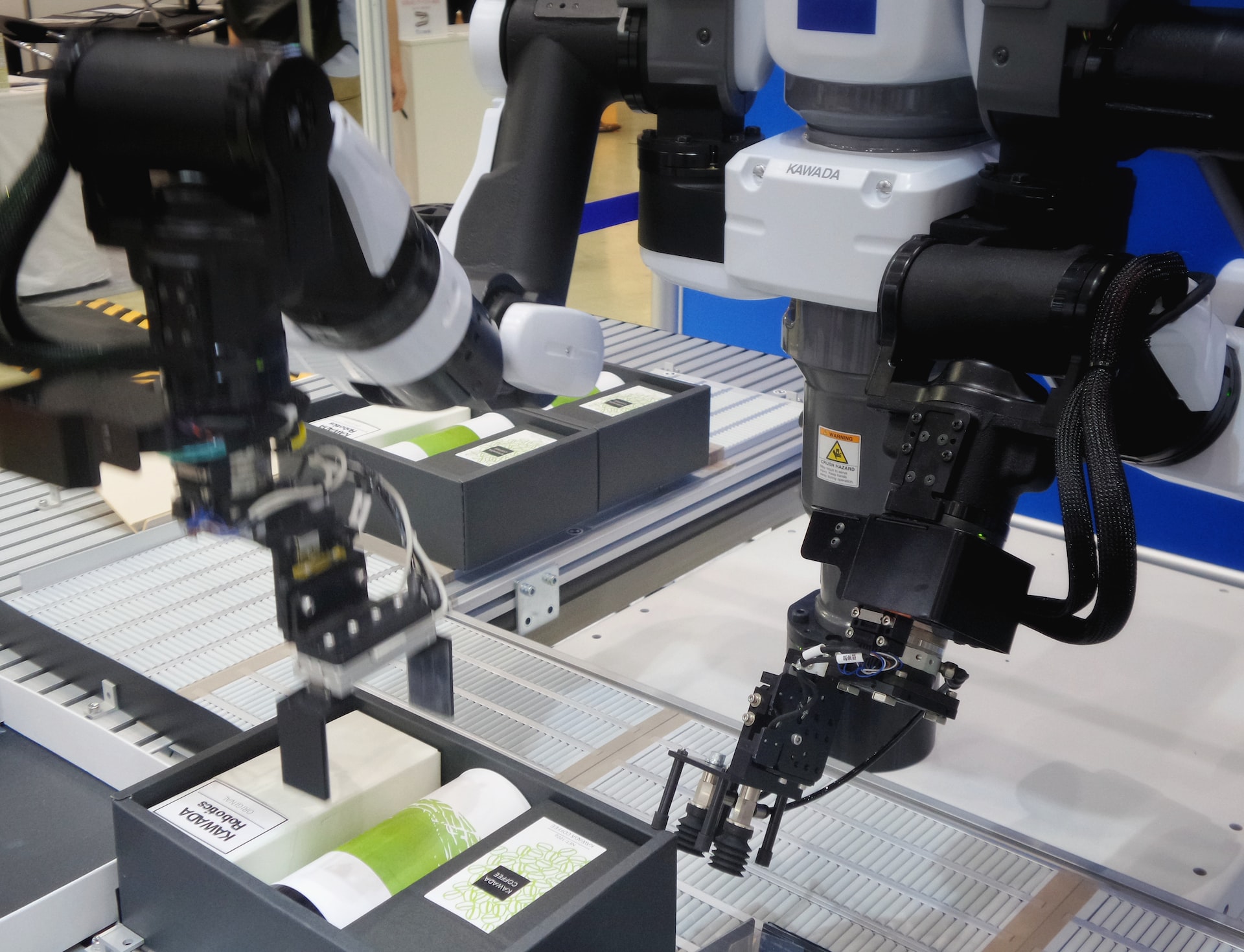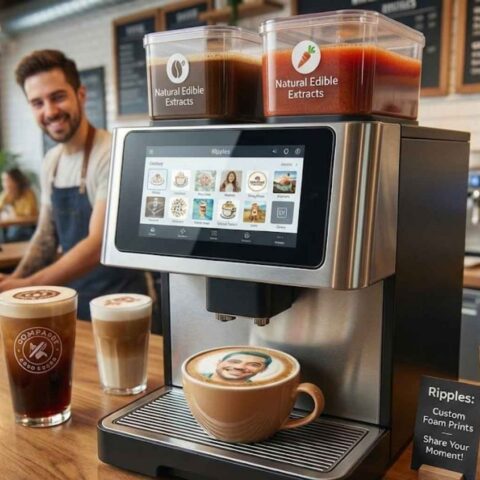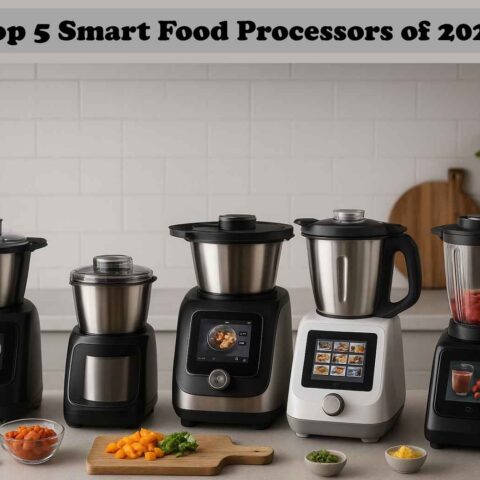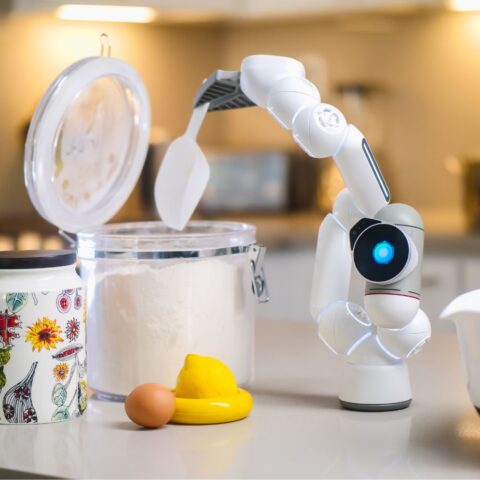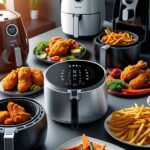Throughout the years, the way that organizations approach food production has changed drastically. Long gone are the days when food manufacturing lines relied upon manual labor to package raw material neatly into boxes, ready to send to a local greengrocer.
Nowadays, food production is intricately linked with the health, nutrition, and sustainability of the population and our planet, highlighting the need for change within the packing industry. Like most things in our modern world, technology has been a significant driving force behind these changes.
In the place of operated assembly lines, food processing companies now rely on both manual labor and robotic case packing/tray packing to streamline their packaging processes. We discuss further how mechanical packers can help business operations achieve efficiency and sustainability below:
Ladle of Contents
Reduces The Amount Of Errors Made
Human error is inevitable regardless of how much money businesses invest in training their staff or how many preventative measures they may install. It is one of the leading factors in quality and production losses across all business sectors. Yet, despite being unavoidable, there are many ways that food processing companies can minimize the scope of human error.
One of the most popular ways of reducing human error is implementing automation, which can reduce recalls, spills, contamination, and spoilage if used correctly. Since many robotic case-packing machines come equipped with sensor technology, which enables the product to be checked for deficiencies before heading to the secondary packaging department.
Fortunately, food processing companies can take advantage of various automated packaging solutions, from a case packer to a tray packer, to reduce the number of products wasted and the time needed to rectify these errors. Ultimately reducing the number of mistakes made and any losses the company could face due to these errors.
Makes Packaging More Sustainable
In our modern age, we are more aware of the damage caused to our planet by environmental issues like fossil fuel consumption, plastic waste, etc. As a result, we are more conscious about reducing our effect on the environment in our personal and professional lives. One of the most significant environmental effects is plastic packaging, which equated to fifty-one million tons of waste last year.
Fortunately, robotic case packaging machinery is designed to pack perishable goods with less plastic than manual packaging, reducing the amount of single-use plastic going in and out of the warehouse. They can also reduce the fuel needed to transport items since they’re equipped with technology that allows them to load pellets faster and more efficiently than manual methods.
Consider learning more about robotic case packaging by visiting providers’ websites like BluePrint Automation, which outsources various innovative packaging automation systems. BluePrint Automation is all about innovation, as evidenced by its tailored solutions that focus on helping businesses deliver efficiency, sustainability, and much more. Consider giving their experts a challenge today and see how their services could help your food processing company better address zero waste and sustainability.
Fewer Cars On The Road
It is no secret that cars dominate the American commute, with a whopping 76% of the population using their vehicle to travel between work and home each day. Unfortunately, road traffic is another leading cause of environmental issues, which can be lessened by relying on automation as the need for employees in the workplace decreases.
Using robotic case-packing machines reduces the number of bodies you need in your physical work premises, reducing the number of cars on the road. Meaning that some of your staff could choose to work remotely for a couple of days per week while still keeping tabs on the assembly line. Ultimately reducing the number of carbon emissions released into the air and keeping operations running smoothly.

